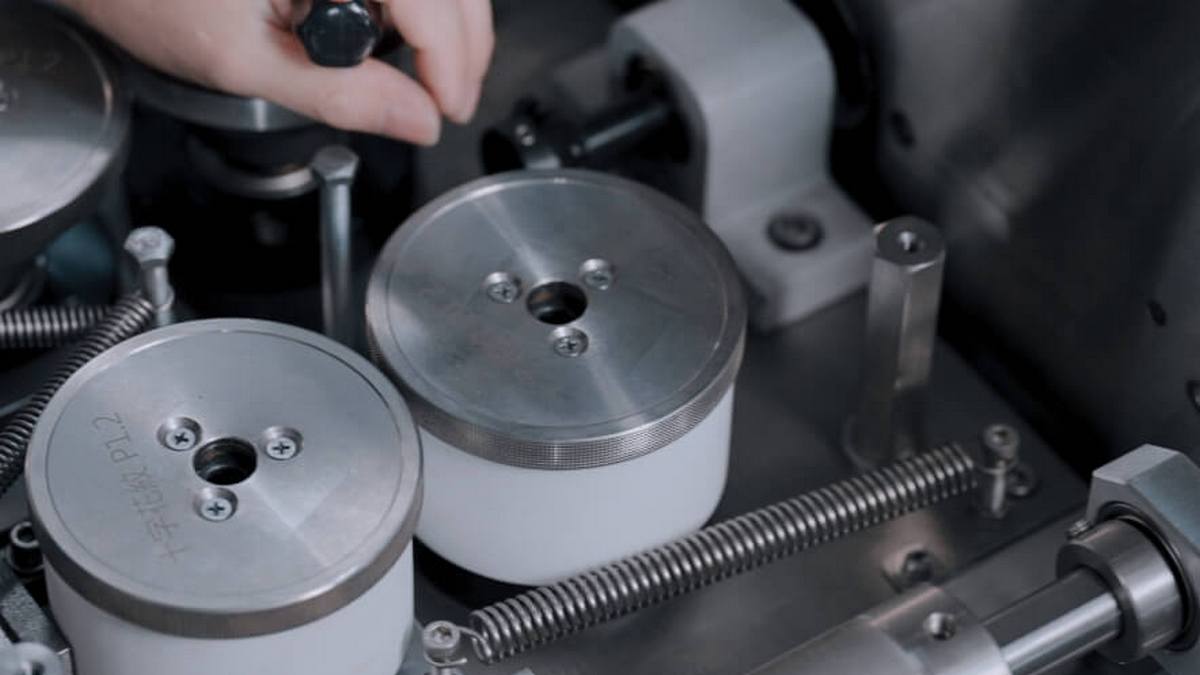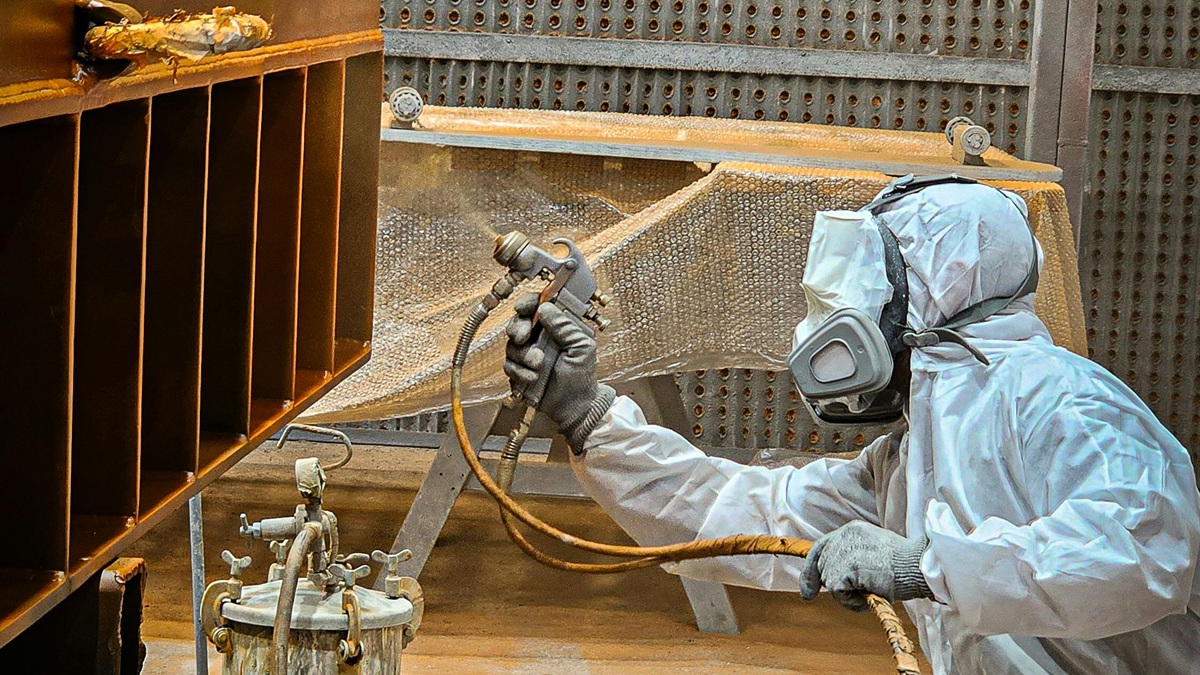Over the last two years, the auto industry has experienced a great deal of turbulence. From the begin of the pandemic when dealerships have been pressured to shut down, to a huge bounce back in car purchases in the last year. But possibly the most surprising section was once the evolution and velocity at which auto retailers, dealerships and producers pivoted to digital options in order to serve their customers.
Over the last two years, the auto industry has experienced a great deal of turbulence. From the begin of the pandemic when dealerships have been pressured to shut down, to a huge bounce back in car purchases in the last year. Coupled with the supply chain shortage and its effect on car manufacturing, auto retailers are now able to raise prices to reflect the short supply and high demand. This has been a surprising turn of events in a very short time period for an industry that may have expected to tank at the onset of 2020.
But possibly the most surprising development was the evolution and velocity at which auto retailers, dealerships and producers pivoted to digital options in order to serve their customers. As an enterprise that historically relied on in-person transactions, auto groups were pressured to digitize nearly immediately. Save for simply a handful of forward-thinking auto corporations whose enterprises already revolved around on-line automobile buying, this was a massive change of pace.
The good news is that this evolution has created a better experience for customers, many of whom prefer making purchases and completing transactions online. The other positive is that auto companies now have a huge opportunity to gain business by providing more online offerings to their customers. Here are some of the ways automobile groups can digitize their commercial enterprises to higher serve their clients and continue to be at the forefront of the future of auto sales.
The current situation is about choices
Today’s car buyers have made it abundantly clear that they want choices: The choice to search online or in-person, the choice to go to a dealership, try a virtual reality test drive, or arrange a drop-off test drive, the choice to whole financing and contract archives on line or in-person.
While many people have become accustomed to purchasing and completing important financial transactions online, a car is a big item. So, it’s not surprising that some people want the physical experience of testing out a car, or multiple cars before making a final decision. Car companies need to cater to different customer journeys, as preference for completing parts of the process online versus in-person will vary from one consumer to the next.
Future consumers moving towards digital
The good news is that this evolution has created a better experience for customers, many of whom prefer making purchases and completing transactions online. The other positive is that auto companies now have a huge opportunity to gain business by providing more online offerings to their customers. Here are some of the ways automobile groups can digitize their commercial enterprises to higher serve their clients and continue to be at the forefront of the future of auto sales.
According to market research firm J.D. Power, millennials made up the largest group of car buyers in 2020, accounting for 32% of total new-car sales. This percentage will likely increase as millennials continue to edge out older generations as the primary car buyers. In time, Generation-Z will become the primary buying group. This means that auto companies need to be prepared to cater to these customers who expect something far different than the traditional physical dealership.
Types of digital offerings
There are many ways to implement digital services and online offerings to create a better experience for car buyers.
-
Search
The car buying process begins with consumers doing online research, so providing interactive and informational online experiences is an important first step. Online car research serves two primary functions for consumers: First of all, the time, energy and monetary investment saved by sparing a visit to the dealership. Secondly, online car buying opens up myriad shopping options, allowing potential buyers to view different colors, styles and extras with the click of a mouse thru their fingertip.
Virtual showrooms and the use of virtual reality (VR) is another way to create a seamless online experience for customers. VR gives consumers the experience of being on a physical showroom floor or test driving a prospective car in the comfort of their own home.
- Financing
Financing is a significant part of the car buying process, and offering online financing can differentiate your dealership from the competition. With many people being accustomed to online banking, most consumers are comfortable with completing financial transactions online. Therefore, being able to service or facilitate digital loans can streamline the purchase process and create a better customer experience.
- Contract signing and notarizations
While some may prefer to physically test drive a car, most people prefer the convenience of being able to E-Sign and notarize important documents, such as a bill of sale or title document, completely online. Incorporating an online tool gives customers the flexibility to purchase a car from anywhere at any time, and speeds up the buying process for all parties involved.
Auto sales need to be digitized
While we are still in the era where some consumers prefer to handle the car buying process in-person, the auto industry should start preparing for full digitization. The auto companies that start providing online offerings and services will continue to gain loyalty from millennials and younger generations, which will provide ongoing benefits as these age groups become the primary car buyers.











.jpg)


